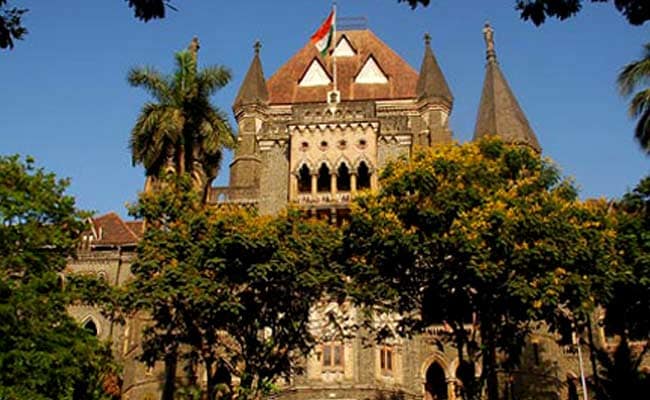The three petitioners were convicted for raping a city-based photojournalist in the premises of defunct Shakti Mills in August 2013.
All India | Press Trust of India | Updated: February 27, 2019 23:31 IST
MUMBAI: Justifying the legislature's decision to provide death penalty for repeat offence of rape, the Union government on Wednesday told the Bombay High Court that rape laws had been amended in 2013 to introduce a powerful deterrent against such crimes. The Centre made the submission before a bench hearing writ petitions filed by the three convicts in the Shakti Mills gangrape case here challenging the constitutional validity of the death sentence awarded to them by the trial court in 2014.
Arguing on behalf of the Union, Additional Solicitor General Anil Singh told the high court that the IPC Section 376, that comprise the penal provisions for the offence of rape, had been amended following much deliberation. None of the provisions introduced through the Criminal Law (Amendment) Act, 2013, was unconstitutional, he noted. "An act of rape is a very serious offence for even when it is non-homicidal, it doesn't merely cause physical harm to the victim, but, it affects her soul and her personality too," General Singh said. "In most instances, because of the stigma attached to the offence of rape, victims do not come forward to register a case.
"Therefore, considering that it is the state''s duty not just to punish, but also to prevent a crime, the new, stricter provisions governing the offence of rape were introduced in 2013," he said. General Singh was arguing before the bench of justices BP Dharamadhikari and Revati Mohite-Dere that is hearing the writ petitions filed by the three convicts - Vijay Jadhav, Kasim Bengali and Salim Ansari. The convicts, through their counsel Yug Chaudhry, had argued on the previous hearing that the death sentence awarded to them violated their fundamental right to life.
They had also said IPC Section 376 (E), under which they had been granted the death penalty, had been introduced by the legislature in "haste" and in an arbitrary manner, without laying down the procedure under the Code of Criminal Procedure for its implementation. General Singh, however, disagreed with their arguments. He said the new provisions were in consonance with legal requirements and they do not need to stand the test of constitutional rights. "Section 376 (E) does not introduce a new category of punishment, and therefore, the existing provisions governing rape laws, the death penalty, and enhanced punishment in cases of repeat offences, are adequate to govern its implementation," the ASG maintained.
 |
| The Centre made the submission before a bench hearing writ petitions. (File) |
In April 2014, a sessions court in the city held five persons guilty in the case. One of them, Siraj Khan, was sentenced to life imprisonment. A second person, a minor, was sent to a correctional facility. Jadhav, Bengali and Ansari were awarded the death penalty under the then newly introduced section 376 (E) of the IPC since the three had also been convicted in a previous case of gangrape. The trio, however, moved the High Court soon after their conviction, challenging the constitutional validity of section 376 (E). In March 2013, following the December 2012 gangrape case in New Delhi, the Union government amended the rape laws in the country, introducing several stringent provisions, including Section 376 (E).
This section says if a person, who has been previously convicted for rape under IPC Section 376, is subsequently found guilty in a similar offence, the courts can sentence him to imprisonment for the rest of his life, or, even award the death penalty. The three petitioners were convicted for raping a city-based photojournalist in the premises of defunct Shakti Mills in August 2013.
Source: https://www.ndtv.com/india-news/rape-a-very-serious-offence-centre-defends-death-penalty-2000344 (accessed on 29 May 2019)
No comments:
Post a Comment